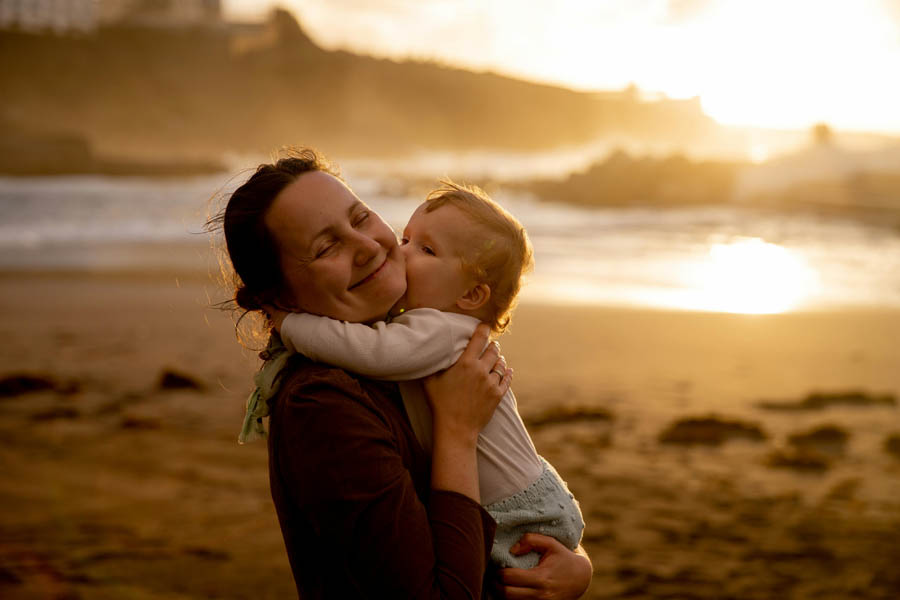In 1975, the United States marked March 8 on the calendar as International Women’s Day. Celebrated in many countries around the world, on this day women are recognized for their achievements regardless of national, ethnic, linguistic, cultural, economic, or political divisions.
In more recent history, this special day has assumed a new global dimension for women in both developed and developing nations, creating a rallying point to build support for women’s rights and for their participation in the political and economic arenas.
The vision of International Women’s Day is to see a gender-equal world free of bias, stereotypes, and discrimination—a diverse, equitable and inclusive world where difference is valued and celebrated.
In general, I’m a fan of celebrating International Women’s Day.
I believe honoring a vulnerable people group for their accomplishments and helping forge a path forward for their equality is a life-affirming activity.
Women have historically suffered from injustice and marginalization around the globe. (To get a flavor of the bad old days for women, simply read some of the darker Old Testament stories. Absolutely gruesome!)
Today, women continue to suffer oppression.
[Click here to subscribe to Pregnancy Help News!]
Pubescent girls are still butchered by the horrific rite of “female circumcision” in African countries. Young women in Iran still risk death in fighting for their educational rights. Baby girls are still considered undesirables in India.
Even in the United States, women carry keys or mace when walking to their cars at night. We don’t get on elevators with a strange man. We avoid jogging alone in the park.
The threat of sexual assault and domestic violence looms large anywhere you go.
Because men are generally physically stronger than women, and because most societies have been patriarchal throughout history, a power imbalance exists between male and female.
Whenever one group has more power, another group is more vulnerable—and the more vulnerable party deserves respect, consideration, and protection from the more powerful group.
This is the pro-life ethic in a nutshell.
We protect the preborn because they cannot protect themselves. Like girls and women in many cultures throughout history, the unborn have no agency, no voice, no rights.
Unlike grown women, though, the unborn cannot fight for their own rights.
So, we step up to speak for them and advocate for their safety and wellbeing.
But here’s where the overlap between women’s rights and the pro-life mission gets tricky.
Abortion advocates try to use the power struggle between male and female as a way to argue for abortion as a woman’s right.
Early feminists like Susan B. Anthony did not see abortion this way at all. They were against abortion because they saw it as a way for men to escape the consequences of their sexual irresponsibility.
Let’s think this through for a moment.
In the worldwide, ongoing power imbalance between men and women, clearly women are the more vulnerable party.
But the moment we insist that a woman in an unplanned pregnancy should have the right to an abortion, we begin losing the plot.
Abortion advocates essentially ask, “Who is more vulnerable—the woman, or the man who got her pregnant?”
That’s fundamentally the wrong question, because the humanity of the most vulnerable party is not even recognized.
The question we must ask is not whether the woman is more vulnerable than the man.
Rather, we must ask, “Who is more vulnerable—the woman facing an unplanned pregnancy, or her unborn child?”
This is where many women’s rights activists get it wrong.
It doesn’t work to use one standard with your own people group, but a different standard for another.
It is unethical to think that, because you are part of a victimized people group, you may feel free to end another (more vulnerable and helpless) human being’s life.
Women’s rights fall under the broader category of human rights.
And abortion can never be accurately described as a human right—precisely because it kills humans.
Tweet This: Abortion can never be accurately described as a human right—precisely because it kills humans.
One further point about inconsistency with the “abortion is a woman’s right” argument: half of the preborn children who die from abortion are female.
What about those female human beings and their rights?
Can one take away a preborn girl’s most fundamental right—the right to live—and still claim to be pro-woman?
Given the worldwide history of female infanticide, it’s tragic to think of how many girls and women never even make it to the point of birth.
We make it a point to observe International Women’s Day.
But how many female achievers and contributors, how many businesswomen and creative artists, how many women politicians and leaders have we lost to abortion?
Sadly, on this special day honoring women, we won’t be able to celebrate the accomplishments of females lost to abortion.
What a tragic irony—God’s female image-bearers prevented from blessing the world with their presence in the name of women’s rights!
On this International Women’s Day, let’s celebrate women’s accomplishments, honor their value and dignity, and be consistent in our ethical standards.
Let’s stand up for the vulnerable, starting with females—and males—growing in the womb.







